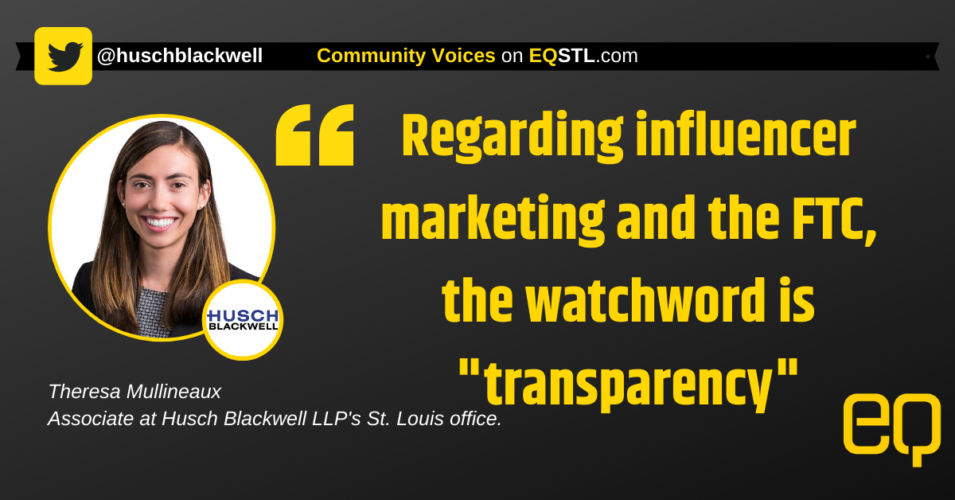
Presented by for Trackbill
Why Startups Should Consider Litigation Risk
An ounce of prevention is worth a pound of cure.
Writing by Joe Guffey. Joe Guffey is a St. Louis-based partner with the law firm Husch Blackwell LLP and a member of the firm’s Technology, Manufacturing & Transportation industry team.
Most startups initially focus on incorporation, funding and protecting their intellectual property, which is logical and practical. While these are all important and necessary, startups should also ensure that they are protecting their new startup from legal actions such as a lawsuit – the dreaded “L” word.

A lawsuit is the official court process in which two or more parties seek to resolve a dispute. A legal battle can be lengthy, expensive, and create bad publicity. Startups are experiencing a rise in litigation and below we will focus on three growing risks to startups and provide practical steps to prevent these types of lawsuits.
Being threatened with a lawsuit is always frightening and unsettling but sometimes can be avoided. For example, in a sole proprietorship, both the company and owner could be liable for the damages.
Structuring a startup as a corporation or a limited liability company could help reduce owner liability. Generally speaking, the creditors of a business also cannot succeed against the founders and other investors of corporations and LLCs for unpaid debts because they are sheltered by the corporate status.
There has also been an increase in litigation between startup co-founders. These could be avoided by having a clear, written founder agreement with the following terms clearly laid out:
- the percentage of the company owed by each person;
- the roles and responsibilities of the founders;
- buyback options of each partner’s share(s);
- whether the founders are entitled to a salary and what amount the salary is;
- how voting and general decision-making will be done; and
- the separate assets each founder contributed or invested into the startup.
A lack of employment documentation can also cause litigation for startups. Startups should ensure their employment documents comply with state and federal law and are updated to reflect changes in the law.
Furthermore, if employees are given stock options, there should be accurate documentation to outline the stock incentive plan, a notice of stock option grant, an option agreement, and an employee departure buyback option by the startup of the employee’s shares. Once these documents are finalized, they should be shared with the employees and followed by management.
Further, a non-compete and non-solicitation agreement should be strongly considered if you are sharing confidential information with the employee – do not let them walk away with your key knowledge and ideas without a way to keep them in line.
Even if a startup does the above preventive steps to try to avoid litigation, it is still possible the company may receive a legal letter from an attorney, or even be sued. If served with a lawsuit, immediately consult with an attorney.
The attorney will work with you and your company to evaluate the lawsuit, advise you and your company on the potential legal exposure the startup may face, and handle all court filings. Additionally, a startup should consider purchasing liability insurance to help protect both the startup and its owners from potential legal liability.
An ounce of prevention could easily be worth a pound of cure.

